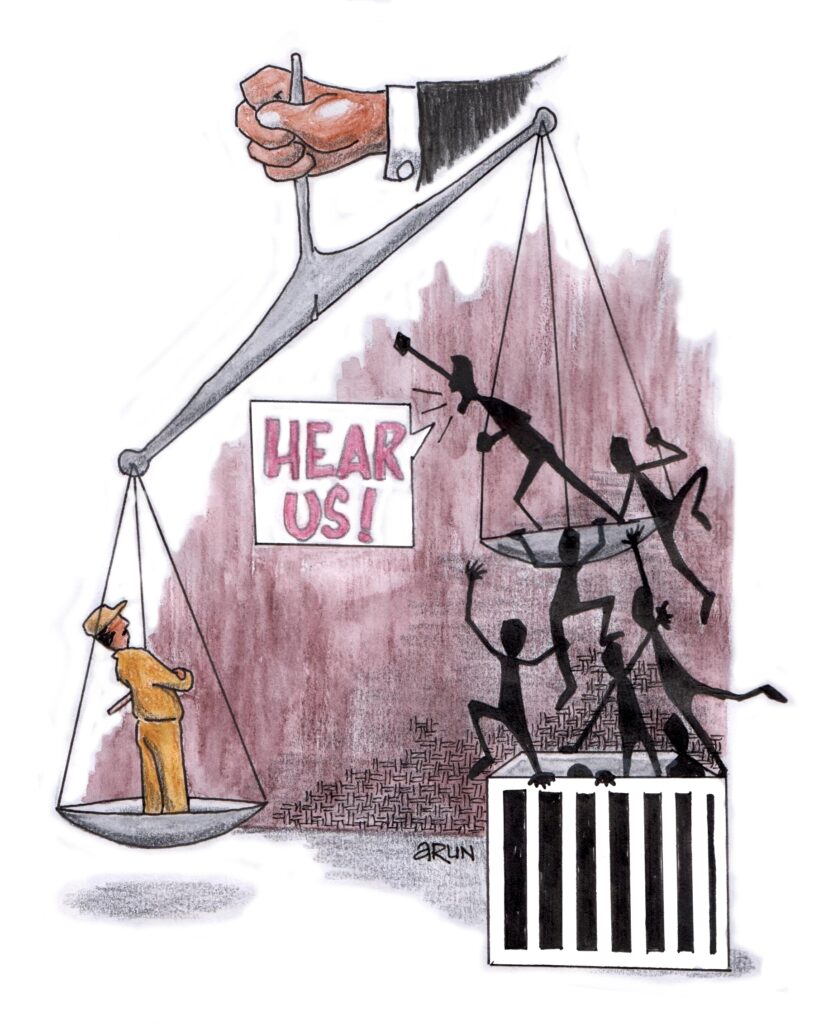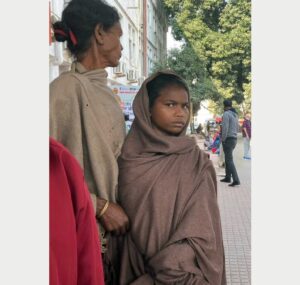
The Elgar prisoners’ latest hunger strike marks a momentous victory for prison rights

On 24 October, the lawyers and activists accused in the Elgar Parishad/Bhima Koregaon case were brought to court from Taloja Central Jail for their hearing. This bare minimum satisfaction of their basic legal right to be present for their case had become far from routine. It happened for the first time in nearly two months, after many hearings held in their absence, and despite specific directions from the court for their production. In fact, it took a hunger strike by seven of the accused—the latest of numerous protests by the BK-16 over the denial of bare necessities and basic rights—for the prison administration to concede to their demands. This latest strike stands out, not only for the significance of what was achieved, but for the manner in which it was executed and the swiftness with which it delivered success. Six days before their production, on 18 October, the case had…
Related Posts


Donald Trump’s Master Economic Plan I Opinion by Yanis Varoufakis




